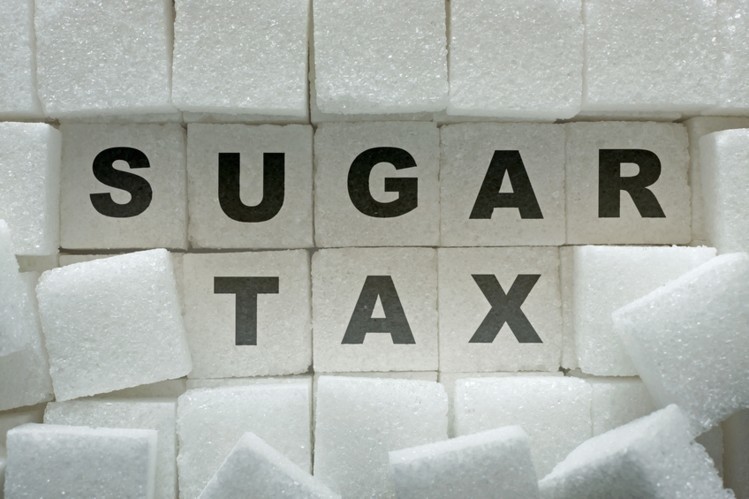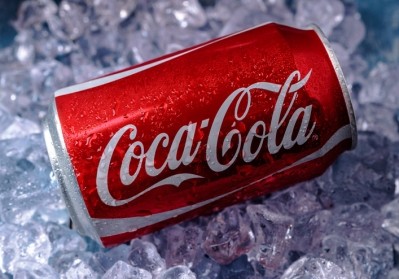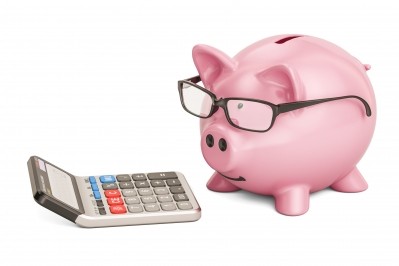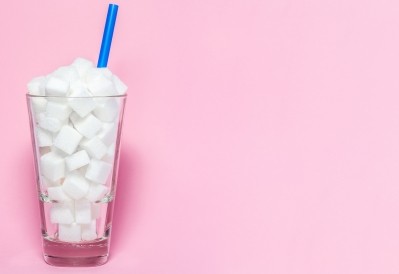South Africa introduces sugar tax

Proposals for the tax on sugar-sweetened beverages were announced in 2016 and came into effect on Sunday (April 1).
South Africa has the highest level of obesity in sub-Saharan Africa and the policy is addressed at reducing sugar intake. The government has set out targets to reduce obesity prevalence by 10% by 2020, with a sugar tax being one of the measures to achieve this.
The new Sugary Beverages Levy (part of the Health Promotion Levy) is fixed at 2.1 cents per gram of the sugar content that exceeds 4g per 100ml (the first 4g per 100ml are levy free). ‘Sugar’ refers to intrinsic and added sugars and other sweetening matter. However, fruit juice is exempt.
The South African Revenue Service (SARS) held a series of roadshows in five provinces last month to explain the new tax to importers, manufacturers and other industry stakeholders.
“Manufacturers that produce sugary beverages with a total annual sugar content in excess of 500 kg per year need to be licensed with SARS and pay the levy to SARS. Those manufacturers that produce below the 500kg per year will not have to pay the levy, but they are required to register with SARS,” says the service.
Price increases
Coca-Cola South Africa says that the prices of beverages with added sugar will increase as a result of the tax, including some of its products. However, its lower-sugar, zero-sugar and 100% juices products will not be affected.
“As part of the beverage industry, Coca-Cola in South Africa remains committed to working with Labour and Government through the National Economic Development and Labour Council (NEDLAC) to develop an effective anti-obesity solution that will preserve jobs while still meeting the country’s health objectives,” said the company.
“The Coca-Cola Company supports current recommendations of leading health authorities, including the World Health Organization (WHO), that people should limit their intake of added sugar to no more than 10% of their total daily calorie/energy intake.”
'A tax no one has to pay'
The Healthy Living Alliance (HEALA), however, has welcomed the introduction of the tax. However, it says that a 20% levy (compared to the current 11%) would be more effective.
"South Africa is the first country in Africa to tax sugary drinks and we hope the rest of the continent will follow suit, as the sugary beverage industry has identified Africa as a major new market," says the organization. "We join countries such as Mexico, France, the UK and United Arab Emirates as well as a growing number of US cities in taxing these drinks that have serious health consequences.
"That morning fruit juice, lunch time iced tea and the glasses of cooldrink over dinner might seem harmless, but they all add to the dangerous amounts of sugar many of us consume daily and are fast becoming a serious health concern."
HEALA estimates that on a liter of sugary soda, the tax will be approximately R1.39 (US 12c). It assumes that manufacturers will pass most or all of this amount on to consumers.
It says members of the public can avoid paying the tax by choosing healthier, and cheaper, beverages such as water or plain milk.
“The tax on sugary drinks is one tax that no one has to pay. It’s a win-win if we refuse to pay the tax and consume water and milk instead," the organization concludes.
Since 1998, the market for soft drinks in South Africa has more than doubled from 2,294m liters to 4,746m liters in 2012.
A tax on soft drinks and mineral water was implemented in South Africa until 2002, but the National Treasury says this was imposed primarily for revenue reasons, levied on volume, and was not related to health objectives.
More information about the Sugary Beverages Levy can be found here.








